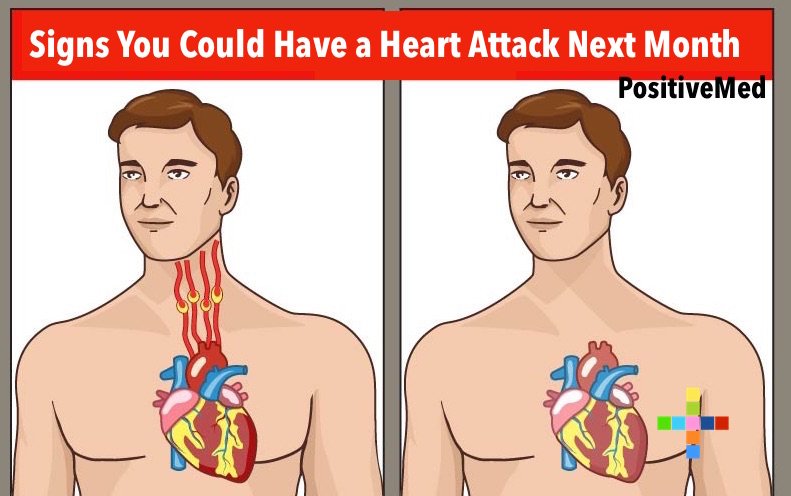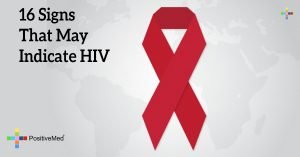Signs & Symptoms That You Could Have a Heart Attack Next Month

Most women associate having a heart attack, or myocardial infarction (MI), with symptoms that come on suddenly and without warning . On the contrary, subtle clues to an impending cardiac event can show up nearly a month before an actual heart attack. Most MIs are caused by an occlusion of a coronary artery that results from a gradual build-up of plaque that eventually cuts off the blood supply. The pain and crushing pressure of a heart attack is felt when blood flow is stopped to a portion of the heart muscle that results in tissue death. Immediate medical help is needed when an MI is suspected to help prevent excessive tissue death that can be fatal. Knowing the warning signs and symptoms that are precursors to a serious cardiac event can alert women to find medical assistance before a life-threatening MI occurs.
Excessive Fatigue
Feeling fatigued more than normal can be a sign that coronary artery narrowing is reaching a dangerous level. The reduced blood flow to the heart makes the muscle work harder and causes individuals to feel more tired than usual.
Shortness of Breath
Women who find it increasingly difficult to catch their breath may be at risk for an impending heart attack. The respiratory and cardiovascular systems completely depend on one another, and when the heart is getting less blood, the oxygen carrying capability to the lungs is hindered resulting in shortness of breath.
Weakness
A reduced blood flow means that the whole body suffers from decreased oxygen. Weakness is sometimes felt as the artery narrows and blood circulation is hindered to the muscles.

Dizziness and Cold Sweats
Having unusual episodes of dizziness and/or cold sweats may be a clue that a heart attack is on the way. When blood flow is restricted to the brain because of poor cardiac circulation, dizziness and clamminess may occur, especially when an individual gets up suddenly.
Chest Discomfort
As the coronary artery becomes more restrictive to blood flow, the lack of oxygen to the heart muscle causes discomfort. As the narrowing progresses, the pain may also increase until a complete MI occurs.
What Should Be Done?
Studies have shown that men and women often experience the signs and symptoms of an impending heart attack very differently. Unfortunately, many women have much more subtle symptoms that they may choose to dismiss until it is too late. If any of the above warning signs are experienced, women should visit their physician for a complete workup that should include:
Blood tests for inflammatory markers
Exercise ECG Chest CT
Angiogram when serious indicators are found
Most importantly, women who know that they are experiencing something unusual in their bodies should insist on testing, especially when a family history of heart disease is present. Many individuals are sent home from emergency rooms with a diagnosis of anxiety and later return suffering from a fully blown heart attack.
Pin It









